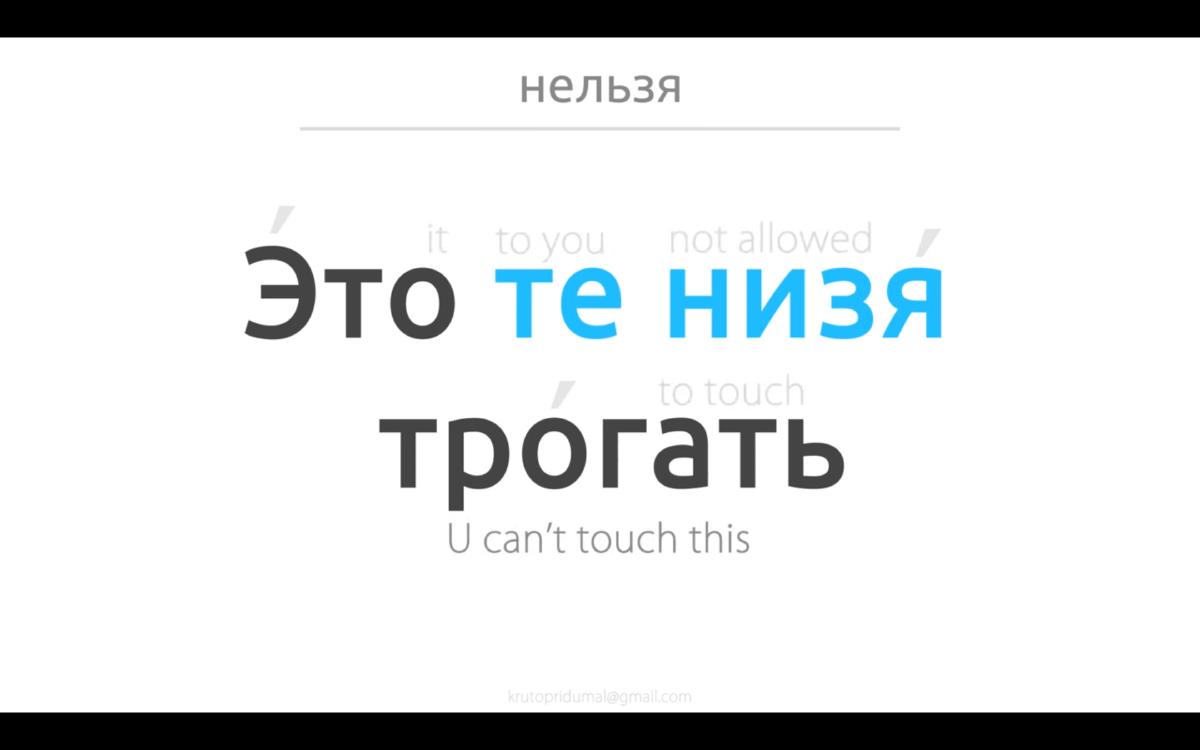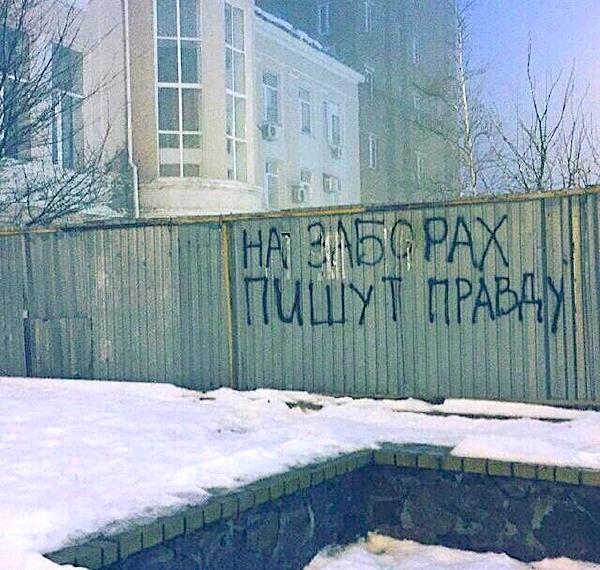Russian Slang
A definition of slang is hard to pin down. But why try when others have already done it? According to Wikipedia, slang refers to “registers of language usage that are either reserved for a social group or considered ‘vulgar,’ meaning substandard language.”
In Parts
Van Dale defines slang as “characteristic, unconventional, and sometimes vulgar words and expressions used by members of a social group.” While accurate, this definition highlights the broad and unwieldy scope of the topic. On the safer side, slang overlaps with jargon, colloquial speech, and expressions. On the opposite side, it touches on vulgarities of varying intensity. Too much for one go.
We’ll tackle different aspects of slang in upcoming articles, covering both conversational and coarse language. For now, here’s an introduction to the middle ground, explored through various channels.
Be Fluent in Russian
Fedor Shirin of Be Fluent in Russian provides a thorough introduction to Русский сленг (Russian slang). He also covers the more explicit side of things, but that’s for later.
Start with some useful vocabulary:
- 5 Russian Slang Words (2019, 6 m), featuring косяк, фигня, чё, чё такого, трубка
- Cool 5 Slang Words in Russian Language (2019, 7 m), with блин, бухать, батя, качаться, дофига, нифига
- 5 Useful Slang Words in Russian Language (2019, 5 m), including кореш, тусовка, тупой, погнали, гавно
He also dives into single words occasionally, such as бабки, slang for “money” (also mentioned in relation to Pharaoh). For more, check out Russian Slang for Money (Russian Matreshka, 2020, 4 m) and Show Me The Money: Slang Expressions for Cash in Russian (Russian Language Blog, 2016).
In Russian Almost Curse Words (2019, 5 m), Fedor offers three acceptable alternatives to vulgar expressions (with explicit versions included, viewer discretion advised). Words like пошёл ты, нафиг, блин, хрен знает, and заколебал are featured.
Fedor also advises caution: don’t overuse slang. Check out Be Careful with these Phrases (2018, 7 m), with examples like Здарова, братан/сеструха, как сам / как оно, чё надо / чё хочешь, нифига себе, офигенно, это зашквар, ты тупица / ты тупишь / ты тормозишь, and ты шаришь в этом. These examples are also featured in LingQ.
Daria Mikhay
Daria has several videos on conversational language and common expressions. For now, focus on 10 Russian Slang Expressions | Popular Russian Slang (2019, 8 m), featuring меня вырубает, меня бесит, ни о чём, забей, проехали, шикарно, что за фигня?, блин, зашибись, and чёрт. Example sentences are in the video description. For more on блин, see her Blin in Russian | Russian Slang (2018, 3 m).
Live Russian
Katya appears twice in short dialogues for Russian Slang Dictionary (Б) (2019, 2 m) and Russian Slang Dictionary (В) (2019, 3 m). She also covers Russian Slang / Забей (2020, 4 m) and Russian Internet Slang (2018, 9 m). Don’t forget to like her videos—Katya needs it.
Russian Progress
Slang or not—decide for yourself—but this series is called Slang:
- Russian Slang 1 (2018, 5 m), featuring годнота, огонь, тема, ну такое, зашквар
- Russian Slang 2 (2018, 5 m), with заходить, бомбить, шарить, подтягиваться, сливаться
- Russian Slang 3 (2018, 4 m), featuring жесть, дно, дичь, красавчик, лойс
- Russian Slang 4 – English words in Russian (2018, 5 m), with бро, хайп, чилить, камон, сорян, го/гоу, изи
- Russian Slang 5 (2019, 5 m), with скинуть, забить, париться, сесть, залипать
Also related is 10 Reductions in Spoken Russian (2018, 7 m), similar to the Russian Learns You video below.
Russian Vibe
More conversational than slang, but see Russian Progress above:
- 8 Russian slang words. Speak like a native (2019, 5 m), with лохануться, мыло, понтоваться, отстой, ботан / ботаник, мне фиолетово, чайник, отмазываться
- Russian slang words that only natives know (2019, 5 m), featuring жесть, не парься, тубзик, прикольно, я попал, крыша едет, тачка
From 2020: From beginner to fluency! Russian slang (2020, 3 m), featuring expressions like трезвь как стёклышко, быть под каблуком, это вилами по воде написано, and встать не с той ноги.
Pусский с носителем
Elen Sheff (русский с носителем) covers a bit of everything. Though mostly conversational, she touches on slang and overlaps with many of the previously mentioned topics:
- Русский разговорный: офигеть (2020, 12 m), featuring офигеть, охренеть, офонареть, очуметь, зашибись
- Русский язык разговорный: ХРЕН /сленг (2017, 12 m)
Also check СЛЕНГ: названия частей тела (2018, 3 m) and Разговорный русский: ЖОПА /сленг (2018, 10 m). Learn more about жопа (butt) in Русский сленг: выражения со словом ЖОПА (2018, 21 m).
Russian Learns You
In Russian Slang (RussianLearnsYou, 2017, 13 m), you’ll learn unofficial words and practical reductions like щас for сейчас or сёдня for сегодня. Informative and fun, you’ll definitely pick up a few.
Check out more reductions in Russian Slang (Easy Russian, 2014, 2 m), featuring чо, ничё, се, and ваще (for что, ничего, себе, and вообще).
More
- Вот блин! Russian slang (Russian to the World, 2020, 6 m)
- Learn Russian Slang Words Today (Russian Matreshka, 2020, 8 m)
- Russian Slang with TV Series (Russian Is A Piece of Cake, 2020, 7 m)
- Russian Slang (Alfia, 2019, 7 m)
See/Read:
- Top 40 Russian Slang Words You Should Know to Speak Like a Local (Speechling, 2020)
- 33 Russian Slang Words Every Russian Learner Should Know (Medium.com, 2018)
- Russian slang explained (Ochenporusski)
last updated 02-08-2020
More








